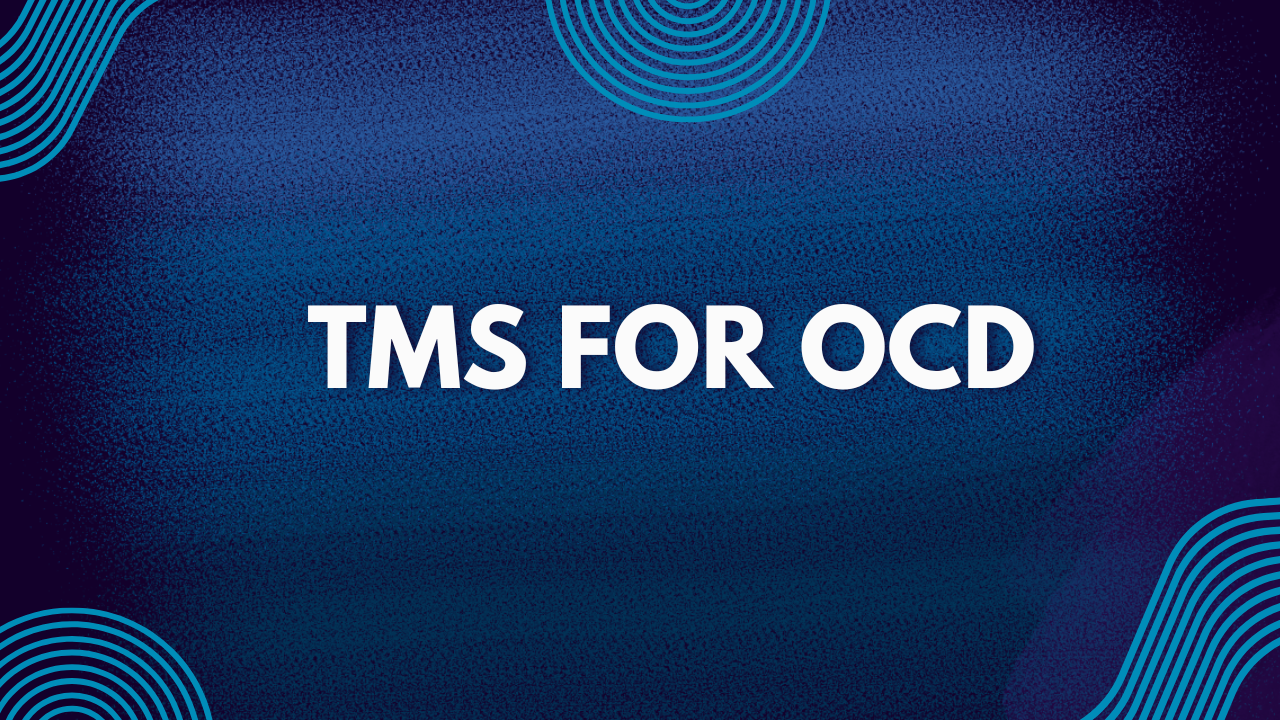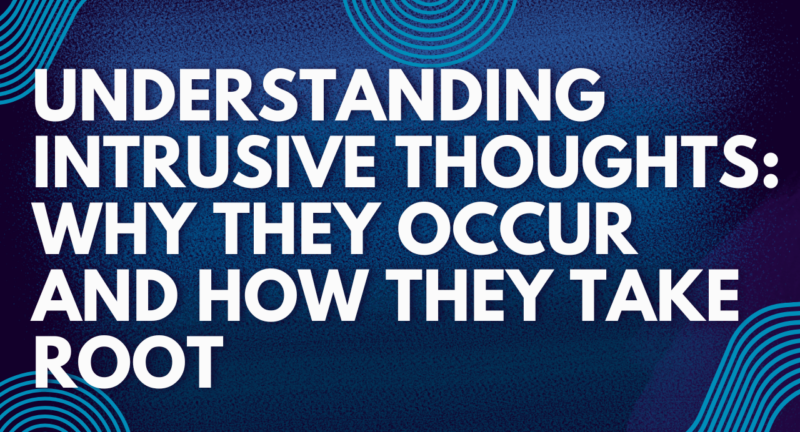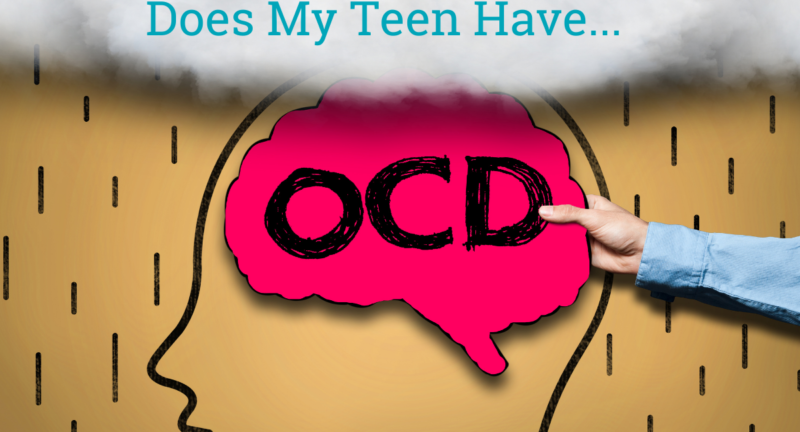
TMS Treatment for OCD: What It Is and How It Can Help
This blog is part of the Religious OCD Series.
For those struggling with Religious OCD, Transcranial Magnetic Stimulation (TMS) offers another promising tool. Understanding how it works can help believers make informed decisions about this treatment as part of God’s provisions for healing.
Introduction
For many Christians with Religious OCD, therapy and medication provide significant help. But for some, these treatments may not bring sufficient relief. When that happens, it’s natural to feel discouraged or even question God’s help.
Yet, God often provides multiple avenues for healing, and for some, TMS can be one of those avenues.
TMS is a safe, non-invasive, FDA-approved treatment that uses magnetic fields to stimulate specific areas of the brain involved in OCD.
It has become a valuable option for individuals whose symptoms have not adequately responded to traditional therapies and medications.
What Is TMS?
Transcranial Magnetic Stimulation is a gentle, non-invasive procedure that involves placing a magnetic coil near the scalp, delivering small, focused magnetic pulses to areas of the brain known to be involved in obsessive-compulsive symptoms.
The treatment is typically given in daily sessions over the course of several weeks and is designed to help the brain function in a more balanced way.
- Non-Invasive – There are no medications or sedation involved, and patients remain awake during treatment.
- FDA-Approved for OCD – TMS has been shown to reduce symptoms in patients who have not responded well to first-line treatments.
- Minimal Side Effects in most cases – The most common side effects are mild scalp discomfort or headaches during or shortly after treatment. The treatment itself is painless; patients simply sit comfortably during the sessions, often reading a book or watching TV during the treatment session.
How Does TMS Help with Religious OCD?
OCD, including scrupulosity, involves hyperactivity in certain brain circuits that process fear, doubt, and uncertainty. TMS targets these areas, helping to reset and calm overactive brain activity.
Improving Thought Regulation – TMS can help reduce the intrusive thoughts and mental noise that often plague those with OCD.
Reducing Compulsive Urges – By calming hyperactive areas, TMS can lessen the strong drive to perform compulsions.
Should Christians Consider TMS?
It’s understandable that some Christians may hesitate to consider brain-based treatments. However, it’s important to recognize that TMS does not alter who you are; rather, it helps restore balance to areas of the brain that are not functioning as they should.
God, in His grace, has allowed advancements in science and medicine. Treatments like TMS can be part of His provision for healing.
Questions to Pray Over and Discuss with Your Doctor
- Am I experiencing severe, persistent symptoms that limit my daily life and walk with Christ?
- Have I consulted with a qualified healthcare provider to understand the risks and benefits?
Encouragement from Scripture
Philippians 4:6-7
“Do not be anxious about anything, but in everything by prayer and supplication with thanksgiving let your requests be made known to God. And the peace of God, which surpasses all understanding, will guard your hearts and your minds in Christ Jesus.”
This reminds us that in all decisions, especially regarding treatment, we can bring our concerns to God and trust Him to provide peace and guidance.
What’s Next?
In the next article, we will look at Exposure and Response Prevention (ERP) therapy—the gold standard for treating OCD—and how it can be thoughtfully adapted for believers with Religious OCD.
More on that next week…
For Kentucky Residents
If you live in Kentucky and are seeking support for religious OCD or scrupulosity, our team at Next Step 4 Mental Health in Louisville is here to help. We offer compassionate, evidence-based care—both in-person and through telehealth—for children, teens, and adults.
- nextstep.doctor
- 502-339-2442
- contactus@nextstep.doctor
For Those Outside Kentucky
If you’re not a Kentucky resident, we encourage you to seek care from a licensed mental health provider in your area. Professional support can be a vital step toward healing and peace.
Note: This article is for educational purposes only and is not intended as medical advice. Please consult a licensed mental health provider for appropriate care.
Related Posts
Understanding Intrusive Thoughts: Why They Occur and How They Take Root
JTNDaWZyYW1lJTIwc3R5bGUlM0QlMjJib3JkZXItcmFkaXVzJTNBMTJweCUyMiUyMHNyYyUzRCUyMmh0dH...
Does My Teen Have OCD?
Obsessive-compulsive disorder (OCD) is one of the many anxiety...


